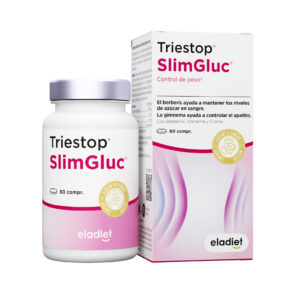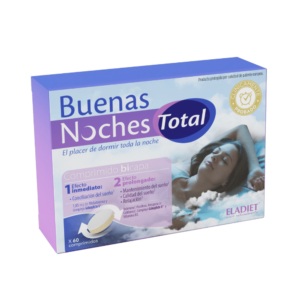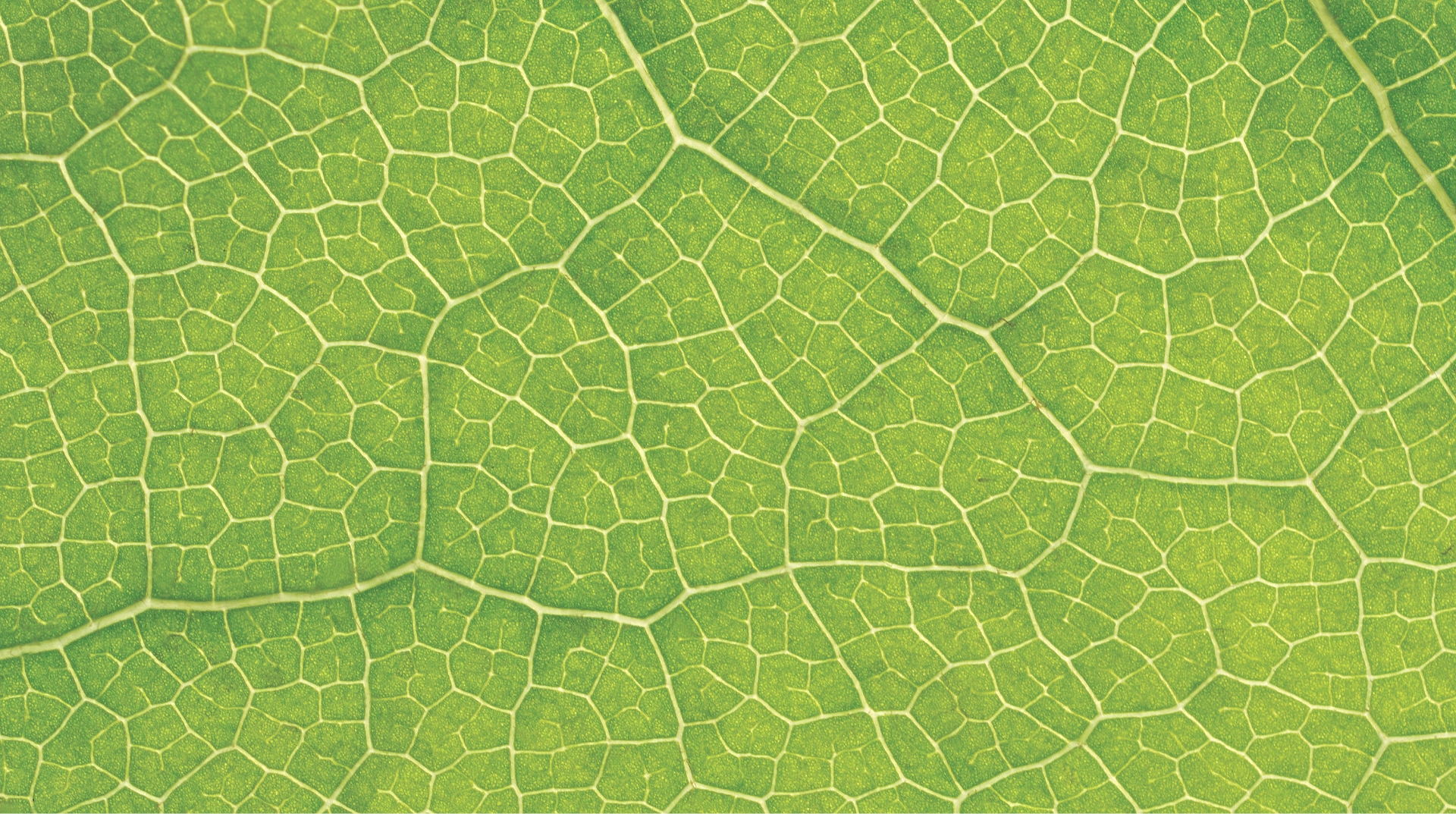
Why is it important to cleanse our bodies?

Today we are exposed to numerous toxic substances, chemicals and pollutants in the air we breathe, the water we drink and the food we eat. Normally our body is able to neutralise and excrete toxins, however, there are times when we have an overload of toxic substances and the detoxification organs cannot ensure their elimination, causing toxins to build up in our body.
What is depuration?
Depuration is a natural process that consists of neutralising and eliminating toxins (both external toxins and those generated by the body itself) through the liver, kidneys (urine) and intestine (faeces).
The liver is the main blood filtering organ, removing small amounts of toxins, heavy metals, bacteria and other impurities from the blood on a daily basis. Its health is vital to our well-being as it prevents toxins from circulating in our body.
The kidneys are essential in the body's purification process, filtering fluids from the body, removing harmful and unusable products from the body and returning useful substances to the blood.
The colon is responsible for temporarily storing and expelling the waste from the digestive process. It is important to maintain bowel regularity to avoid possible obstructions.
Diet is very important during the purification process. It is recommended to promote certain foods and avoid others that would hinder the cleansing of the depurative organs.
In a future article in this Blog, we will give you some simple tips to follow during the purification processes, as well as the recommended foods and those that should be excluded during these processes.
Tips for a successful depuration process
Diet is of great importance during the cleansing process. It is recommended to promote certain foods and avoid others that hinder the cleansing of the depurative organs.
Food to include
- Fruit: Mainly citrus fruits, oranges, mandarins and grapefruit; grapes, kiwi, pineapple, also apples, papayas or watermelon.
- Vegetables: Artichokes, celery, broccoli, tomato, courgette, aubergine, onion, leek, cabbage, carrot, asparagus, lettuce, watercress, lamb's lettuce, chicory or endive.
- Seeds and nuts, ideal to accompany salads, pumpkin seeds, flax seeds, sesame seeds, walnuts, almonds, hazelnuts, etc.
- Cereals, mainly brown rice.
- Legumes: lentils, chickpeas, broad beans, beans. It is important during this period to avoid combining them with fatty foods, as in the case of fabada.
- White fish, for example sole, megrim, hake, sea bream, sea bass, monkfish, etc.
- Lean meat (low in fat) such as chicken, turkey, rabbit, etc.
- Use raw virgin olive oil as a dressing.
Foods to exclude
- Fatty meats, pork (meat, sausages, sausages), lamb, beef, hamburgers, frankfurters.
- Dairy products and derivatives, milk, cheese, butter, ice cream.
- Refined foods, such as pasta, pastries, white bread, industrial sweets, pizzas, etc.
- Frozen foods Precooked, fried foods, fatty sauces, etc.
- Alcoholic beverages, soft drinks, industrial juices, coffee.
General tips during the depuration process
- Drink at least 1.5 litres of water.
- Drink diuretic (horsetail) or digestive (fennel) infusions.
- Opt for food from controlled organic farming.
- Eat dinner two hours before going to bed, to allow time to digest your dinner.
- Chew your food well, as the digestion process begins in the mouth.
- Eliminate alcohol intake, as it overloads the liver.
- Reduce consumption of pre-cooked foods.
- Eliminate the consumption of soft drinks during these days, including those that are low in sugar.
- Avoid coffee consumption, as although it is a diuretic it does not help to detoxify the body.
- If you smoke, quit smoking, this is the ideal time.
- Wash your hands before sitting at the table.
- Maintain proper dental hygiene.
- Follow as regular a meal schedule as possible.
- Do moderate physical exercise.







